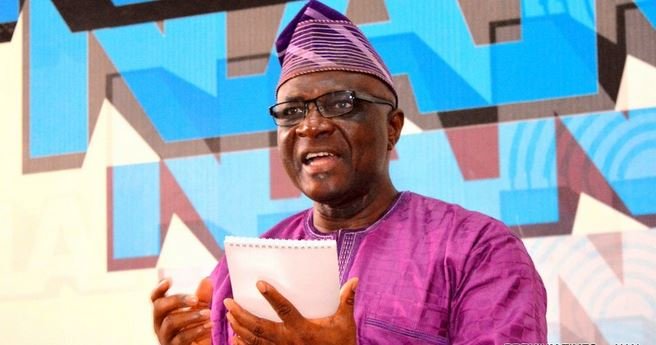Special Adviser on Media and Information Strategy to President Bola Tinubu, Bayo Onanuga, has disclosed that Nigerians will soon experience a reduction in the cost of living, as the effects of the administration’s economic reforms start to materialize.
Speaking to journalists in Lagos on Sunday, Onanuga indicated that the beneficial consequences of Tinubu’s initiatives would soon be felt throughout the country.
Onanuga emphasised that the President had not only implemented progressive changes, but also addressed issues that previous governments had avoided.
He went on to say that two years is insufficient to fully quantify the administration’s accomplishments, pointing out that policy experts normally examine the impact of legislation over a 10- to 12-year period.
“The president’s years in office began with clear policy directions and implementation.
“A lot of reforms have taken place across sectors. The President has laid down many fundamentals that would ensure growth,” he stated.
He admitted that, while the benefits of the president’s initiatives over the last two years were gradually trickling down, the economy had undergone a profound paradigm change, addressing numerous long-standing issues.
Onanuga, while referring to the situation before the subsidy removal, stated that, “There was no fuel. Many stations were saying, No fuel, no fuel.
“What was happening at that time was that the NNPC had reached the bottom point. It had no money to import fuel; it claimed that it was owing suppliers about six billion dollars, and the government was owing it about four trillion dollars. So, it could not import any more.”
Speaking on concerns about borrowing, Onanuga clarified that it is a common practice globally, with even countries like the U.S. engaging in it.
“Nigeria has abundant resources that we are harnessing, but not as much readily available money as people might think,” he explained.
He emphasised that borrowed monies were not squandered but rather used for their intended goals, citing large-scale projects such as coastal roads, which require external financing due to their enormous benefits.
Onanuga explained that currency devaluation is a universal economic principle, citing examples where the UK and the US have used it.
“Even the UK and the US at some point devalued. These are economic principles that are universal and cannot be changed because it is Nigeria,” he asserted.
He went on to say that the government had made difficult decisions while also creating opportunities through infrastructure development, noting that many ongoing road construction projects were not originally budgeted for.
According to Onanuga, Nigeria’s production and disposable income have increased.
He cited corporations such as Nestlé and Nigerian Breweries, who originally had hurdles but are now sourcing materials locally and generating profits.
“This economy has opened up opportunities in many forms for Nigerians. Those who can really exploit it. And they are making money,” he emphasised, giving examples of individuals making profits from exporting agricultural products like cocoa and even Zobo.
According to Onanuga, many companies are now investing and producing in Nigeria, and these positive shifts will soon become evident and tangible for all Nigerians.
Onanuga emphasised the importance of public understanding of the economic context, saying, “We don’t do our people any good when we keep on pushing stories of gloom and doom without allowing them to see the truth, without allowing them to see the context, and without allowing them to know that there’s actually light at the end of the tunnel.”











